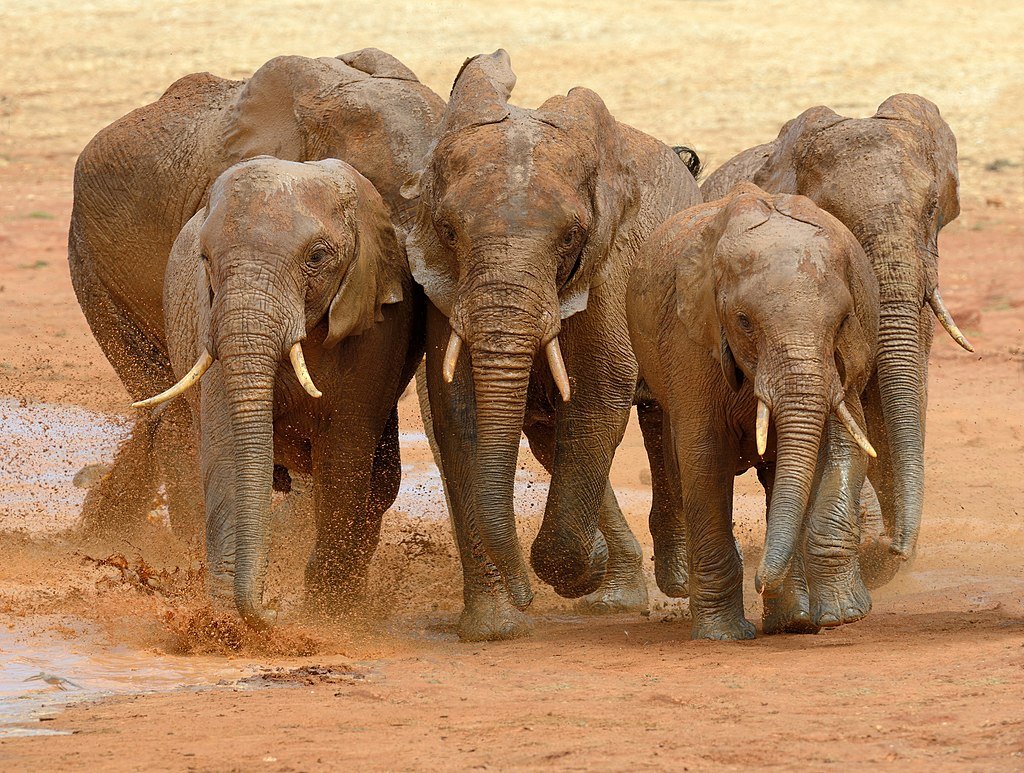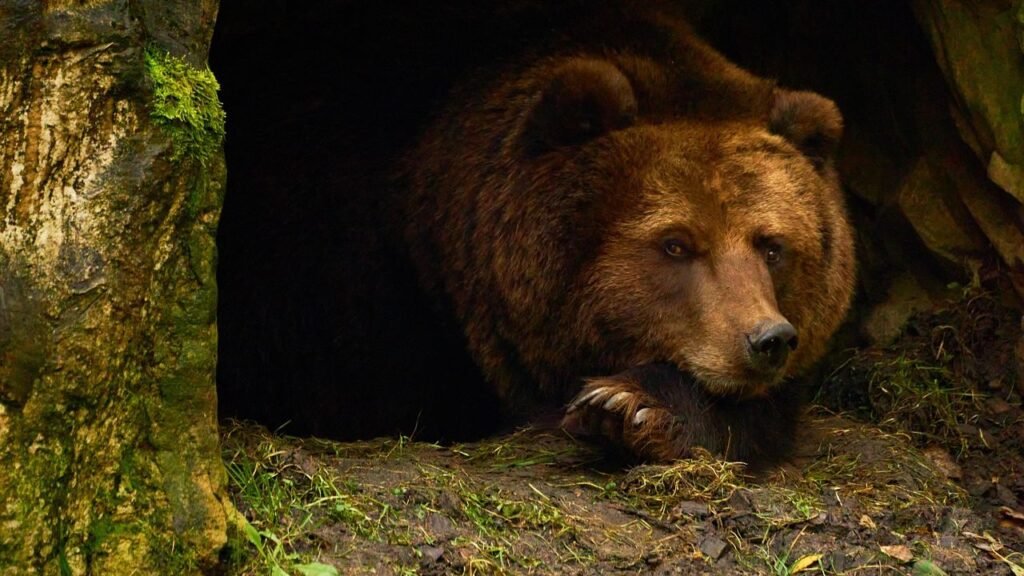A new study revealed that the loss of experienced elephants disrupts knowledge transfer between generations, putting elephant societies at risk. Older elephants, particularly matriarchs, play an important role in guiding herds, teaching survival skills, and maintaining social cohesion. When these individuals are removed due to poaching, habitat destruction, or translocation, elephant populations suffer long-term consequences that extend beyond individual losses.
The Role of Knowledge Transfer in Elephant Societies
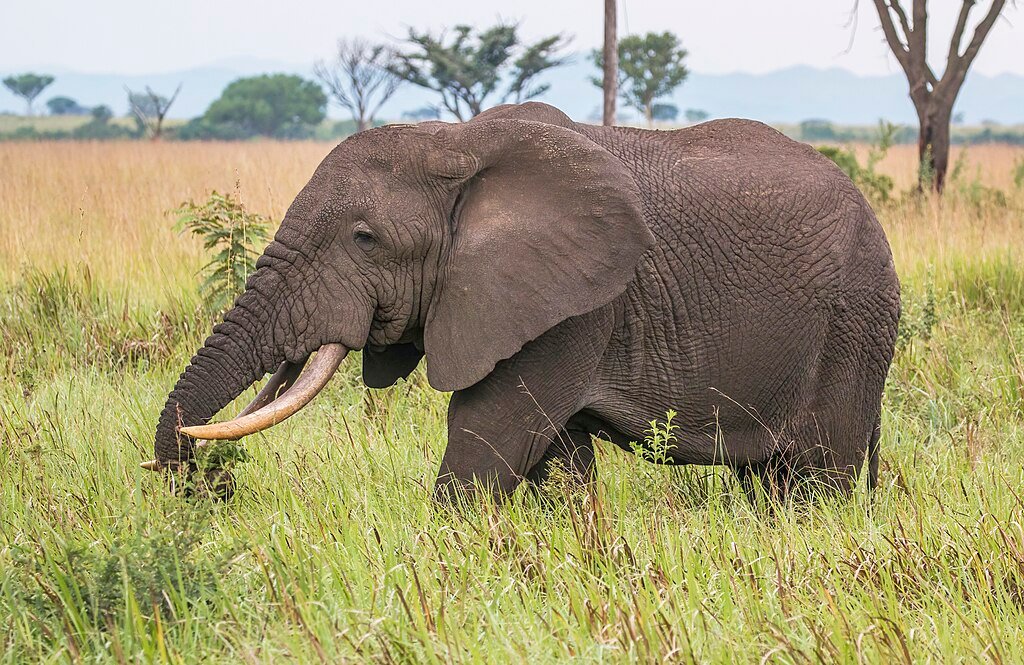
Elephants rely on social learning, where younger individuals observe and adopt survival strategies from experienced elders. Matriarchs store decades of accumulated knowledge, guiding their herds to seasonal water sources, teaching defensive responses against predators, and navigating landscapes. Their absence leads to a lack of crucial survival information, increasing stress and uncertainty within elephant groups. This disruption affects foraging efficiency, reproductive success, and herd coordination.
Human Disturbance and its Impact on Elephant Learning
A review of 95 peer-reviewed studies found that human activities severely weaken elephant social networks. Poaching often targets older individuals due to their large tusks, removing vital sources of wisdom from herds. Habitat destruction forces groups into unfamiliar territories, reducing their ability to use traditional knowledge of food and water locations. Translocation programs, meant to protect elephants, sometimes separate them from experienced mentors, leaving younger individuals without guidance.
Behavioral Consequences of Losing Experienced Leaders
Elephants display signs of distress when key individuals disappear from their social structures. Young elephants that lose their mentors may engage in erratic behaviors, including aggression and difficulty integrating into new groups. Studies have documented orphaned elephants forming weaker social bonds and showing increased fear responses due to missing leadership. These behavior shifts can reduce herd stability, impacting overall survival rates and long-term population health.
Conservation Strategies for Protecting Elephant Knowledge
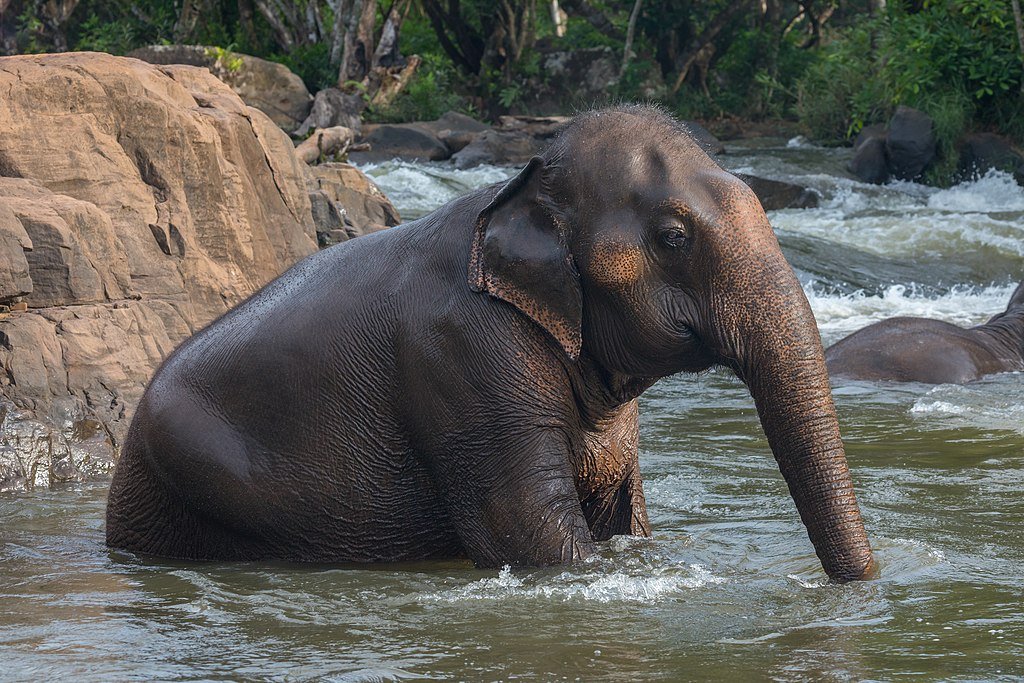
Conservationists advocate for new strategies that prioritize elephant social structure alongside habitat protection. Efforts to combat poaching must focus on safeguarding matriarchs and elder bulls, ensuring knowledge continuity within herds. Conservation programs also emphasize better management of translocation, allowing relocated elephants to maintain access to experienced mentors. Researchers highlight the need for long-term monitoring to assess how elephant societies recover from disruption.
Conclusion
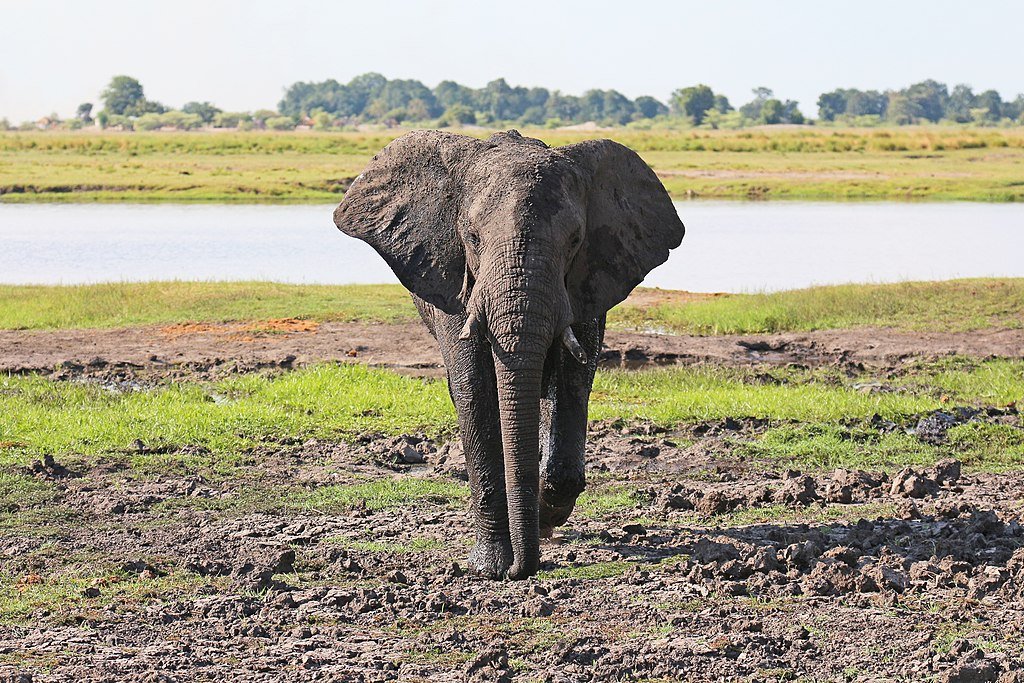
The loss of experienced elephants poses a significant threat to herd survival, affecting reproduction, foraging, and behavior. Conservationists stress that protecting social cohesion is just as vital as preserving habitats. Recognizing the critical role of knowledge transfer can shape conservation policies that ensure the long-term stability of elephant populations and their ecosystems.
Source:


